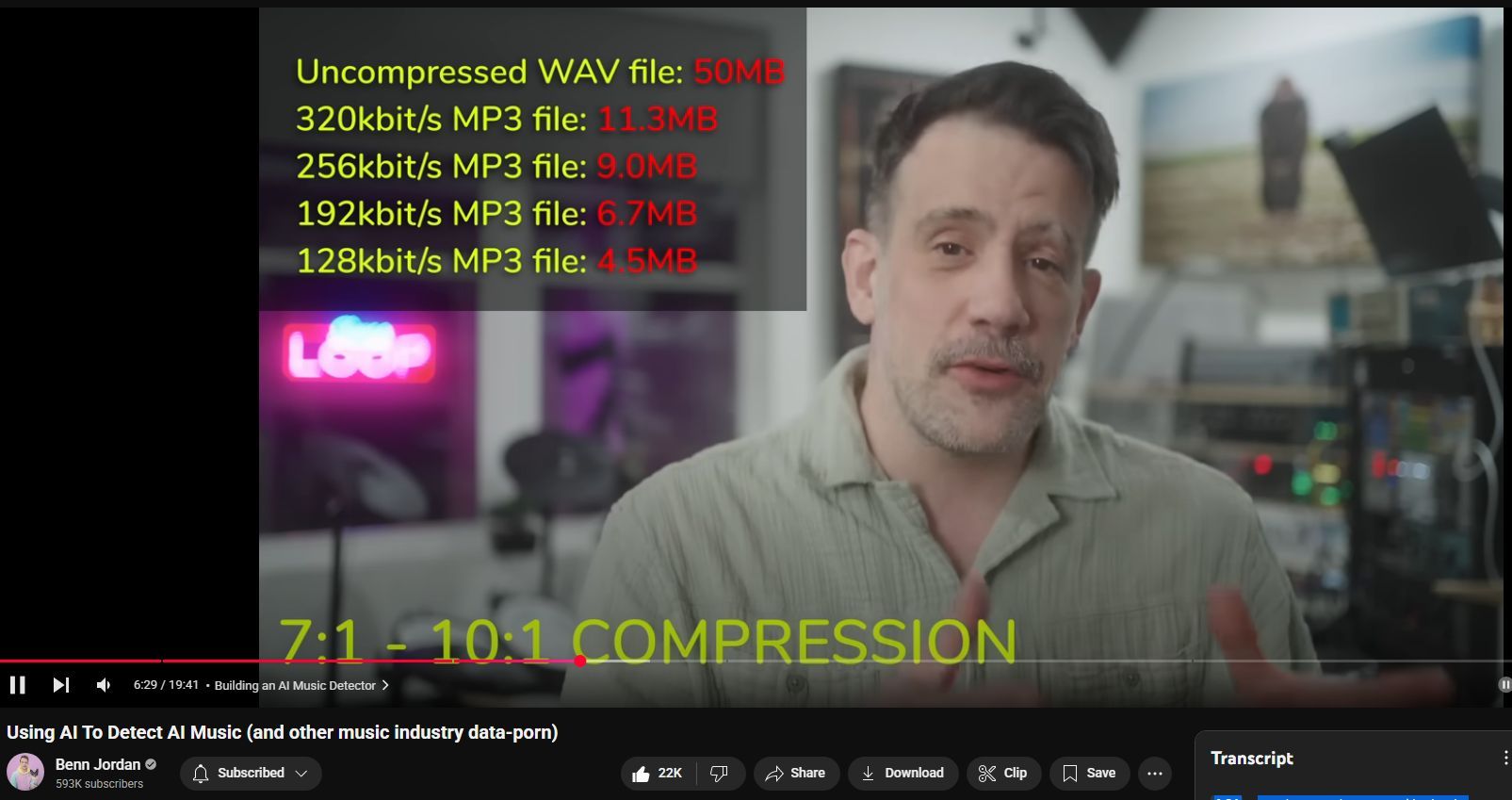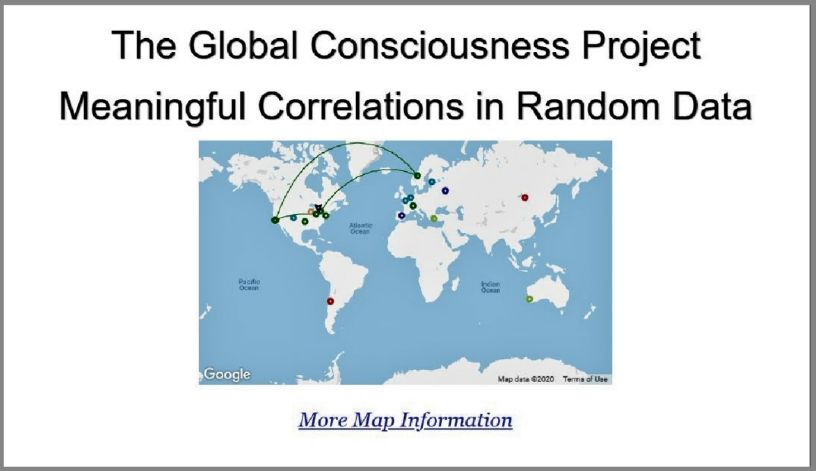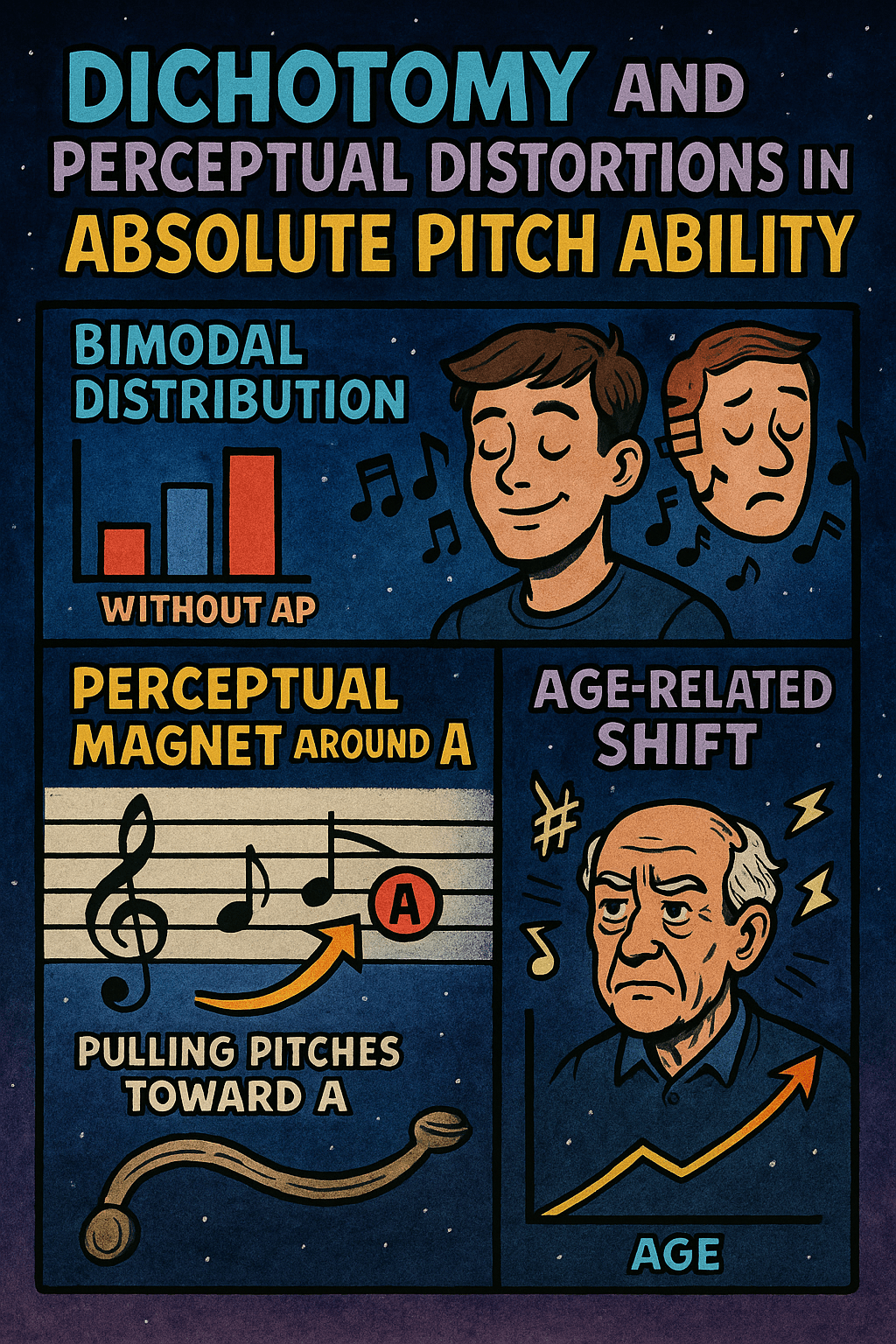AI brAIn contAIns — Synchronous Human Brain Rhythms vs AI Synchronous Math
The brain does not operate on a single global clock. Instead, it uses multiple interacting rhythms: Band Frequency Common Role Delta ~0.5–4 Hz Sleep, large-scale integration Theta ~4–8 Hz Memory, navigation Alpha ~8–12 Hz Inhibition, attention gating Beta ~12–30 Hz Motor planning Gamma ~30–100+ Hz Local computation, binding The brain intentionally stays slightly out of … Read more






